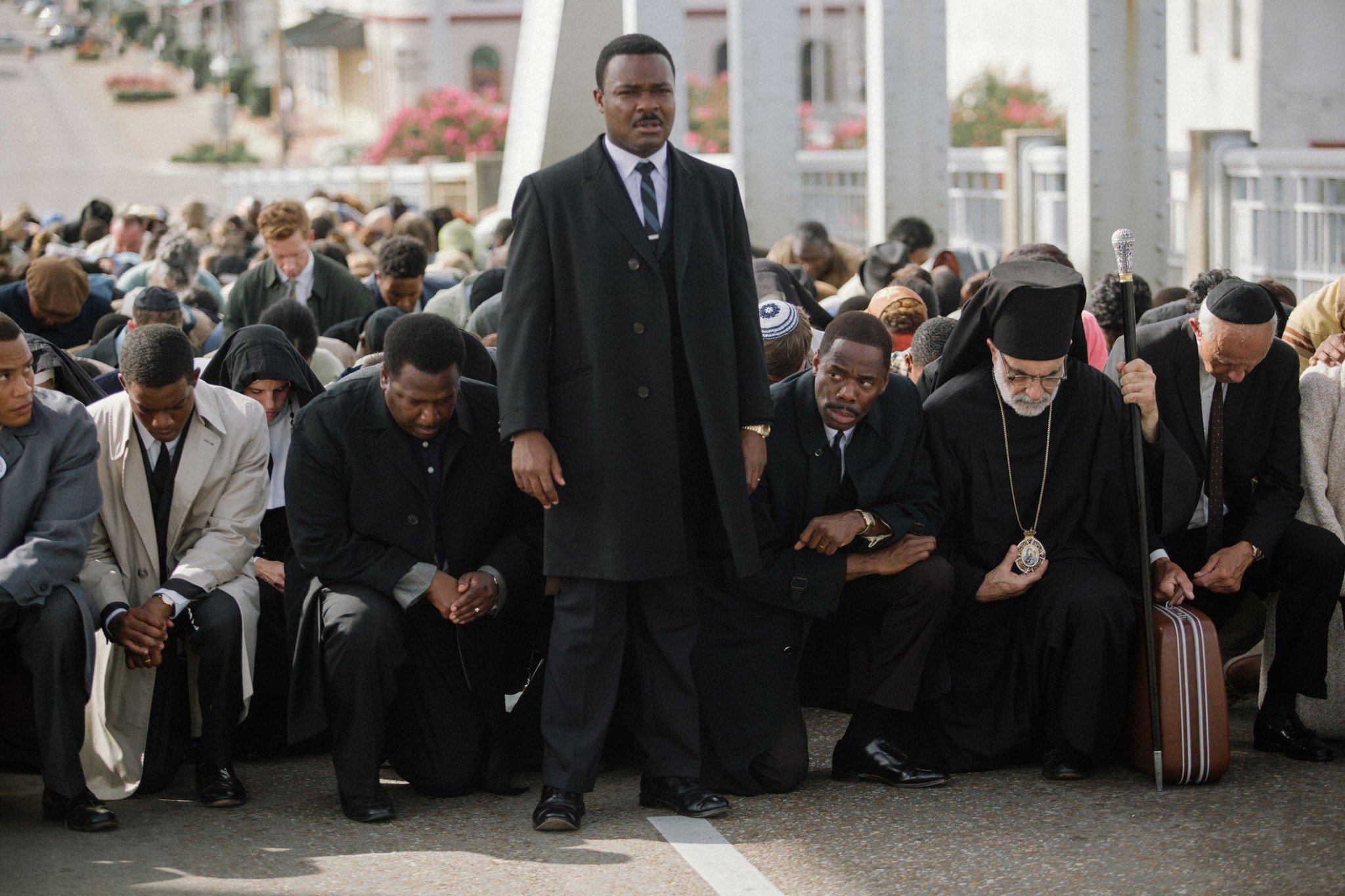Guest Blog by Antony Hodgson
Anyone who watched last year’s film ‘Selma’ about the civil rights march from Selma to Montgomery in 1965 will not have missed the point where the African-Americans’ demand that the government fully implement and enforce their right to vote. It generated significant opposition from the whites who controlled the existing exclusive and power-concentrating system. And though black voting rights continue to be attacked in the US, few would argue that such rights exist and ought not to be proactively honoured.
While voter disenfranchisement is not as obvious today in Canada as it was fifty years ago in the US, it is nonetheless clear that not all groups within Canada fully participate in our country’s governance. The most obvious indication of this reality is that fully half the voters are effectively unrepresented since they have not voted for their current MP and so do not have their voices heard in Parliament. This is a matter of grave consequence – as the US political scientist David Plotke wrote, the “opposite of representation is exclusion”, and we should not tolerate infringement of such a fundamental human right.
It would, therefore, be a significant mistake to conceive of the current debates about electoral reform as discussions of mere matters of preference – i.e., whether one system is better or worse than another according to some criterion of interest to the proponent. Rather, Section 3 of our Charter of Rights and Freedoms grants us what Chief Justice Beverley McLachlin describes as the right to ‘effective representation’: “Ours is a representative democracy. Each citizen is entitled to be represented in government. Representation comprehends the idea of having a voice in the deliberations of government”.
Since our current voting system systematically denies representation to more than half the voters – those who did not vote for the MP in their riding – it clearly excludes these citizens, contrary to their charter right to be included in the deliberations of government, and this charter violation must be redressed by adopting a new voting system that more fully embodies the ideal that all citizens are to be included and represented in our parliament.
But although other considerations relating to the effects of our voting system are rightly subordinate to our core civil right to effective representation, it is a happy fact that most of the issues that reform opponents are ostensibly concerned about (such as accountability and stability) are in fact actually enhanced under properly representative voting systems.
For example, regarding accountability: with our current system, a significant majority of voters can oppose a local MP and still see that MP elected. In contrast, under a voting system such as the Single Transferable Vote, in which each MP can only be elected if a seat’s worth of voters explicitly name them on their ballots, the MP must maintain the trust and support of those voters or else they could give their top preferences to other candidates (often from the same party) and so replace an underperforming MP without being forced to switch parties.
On the flip side, a responsive and respected MP can be sure of being re-elected if they maintain the loyalty of those voters who initially elected them – voters who support other candidates or parties cannot take away from that MP’s core support.
Most proportional voting systems are more stable than the first-past-the-post system for two reasons:
First, since election outcomes are closely linked to how voters vote, small shifts in voter support can’t radically shift the seat allocations the way it can with our current system, so there is much less incentive to try to bring down a sitting government. In fact, the average election interval in countries using proportional representation is comparable to or longer than in countries using Single Member Plurality – for example, since 1950, Italy, Israel, Ireland & Germany have all had fewer elections (16-19) than Canada (21).
The second reason that proportional voting systems are more stable is because governments elected under proportional representation tend to be closer to the median voter’s positions, there tends to be significantly less ‘policy lurch’ when a new government comes in.
In short, as noted political scientist Arend Lijphart says, “contrary to the conventional wisdom, there is no trade-off at all between governing effectiveness and high-quality democracy – and hence no difficult decisions to be made on giving priority to one or the other objective.”
And since, as Justice McLachlin once wrote, “the Canadian tradition [is] one of evolutionary democracy moving in uneven steps toward the goal of universal suffrage and more effective representation”, we should not be discouraged by, and indeed must not grant any legitimacy to, those who seek to cling to their own disproportionate influence by preventing electoral reform. Instead, we must seize the present opportunity to fully enfranchise the remaining half of the voters who currently have no-one speaking for them in Parliament.
–
Antony Hodgson is president of Fair Voting BC, a non-profit society working to promote fair, accountable and transparent democratic processes at all levels of government in BC. FVBC served as the official proponents in the 2009 BC-STV referendum campaign. In his day job, Antony is a professor of mechanical engineering at UBC and directs the graduate program in biomedical engineering there.
The views expressed in guest blog posts are those of the contributors and not the Springtide Collective. We invite a diversity of commentary and opinions encourage those who wish to express theirs on the Springtide blog to get in touch.





